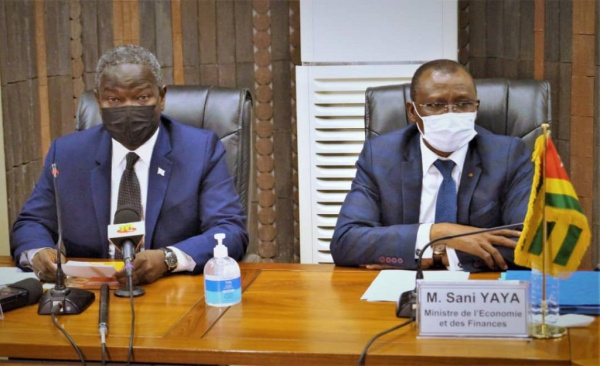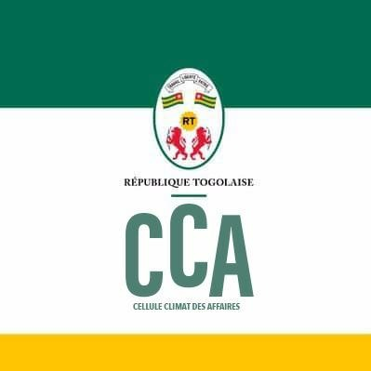WAEMU: The implementation rate of community reforms was stable in Togo from 2020 to 2021

(Togo First) - Last year, Togo’s implementation rate for WAEMU reforms and policies stood at 78.2%, almost the same as in 2020 when the figure was 78%. Regarding programs and projects, the related implementation rate registered by the country was 89.28%, up from 78.15% in 2020.
The figures were disclosed during the 7th annual review of WAEMU reforms, policies, and programs held on Jan 25th, in Lomé. The review was headed by the President of the WAEMU Commission, Abdoulaye Diop, and the Togolese Minister of Economy and Finance, Sani Yaya.
For Yaya, Togo’s performances are the culmination of its government’s efforts. Among others, these include adopting laws relating to public procurement and public-private partnerships (PPP), elaborating and publishing assessment reports on tax expenditures for the years 2019 and 2020, and launching the Togo Digital Agency (ATD) whose goal is to help institutions and ministries dematerialize their processes and services.
Between 2018 and 2021, the rate of implementation of WAEMU reforms rose from 64% to 78.2%, respectively, thus corresponding to an average increase of 7% per annum. The implementation rate of programs for its part rose from 57% to 89.3%, over the same period.
"Over the past three years, Togo has distinguished itself as one of the WAEMU countries that have recorded encouraging results. These results confirm the sustained commitment of the Togolese authorities to implement these reforms, although some laws are yet to be transposed or applied," the Minister of Finance declared.
Abdoulaye Diop, for his part, lauded the "significant" progress made relative to the implementation of the reforms. The improvement, he added, is "the result of the multifaceted support of the Technical and Financial Partners who trust Togo in its determined march towards progress and economic development for the benefit of its people.”
Esaïe Edoh

















